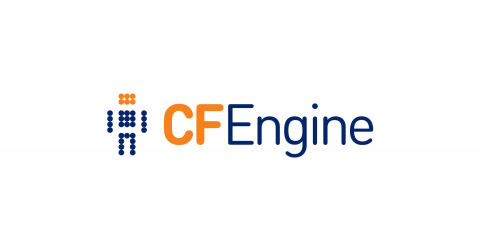Feature Friday #36: Formatting policy with cffmt
Looking for a tool to help you format your CFEngine policy? Have you heard of cffmt? You might recall that we had a chat with the author, Miek Gieben in The agent is in - Episode 24.1 In case you missed it, cffmt is a command line tool for formatting CFEngine policy files, like gofmt for.cf files.2 Let’s take a look. Consistent formatting can really ease reading of policy, but sometimes editors are configured differently and you can end up with inconsistently formatted policy.



